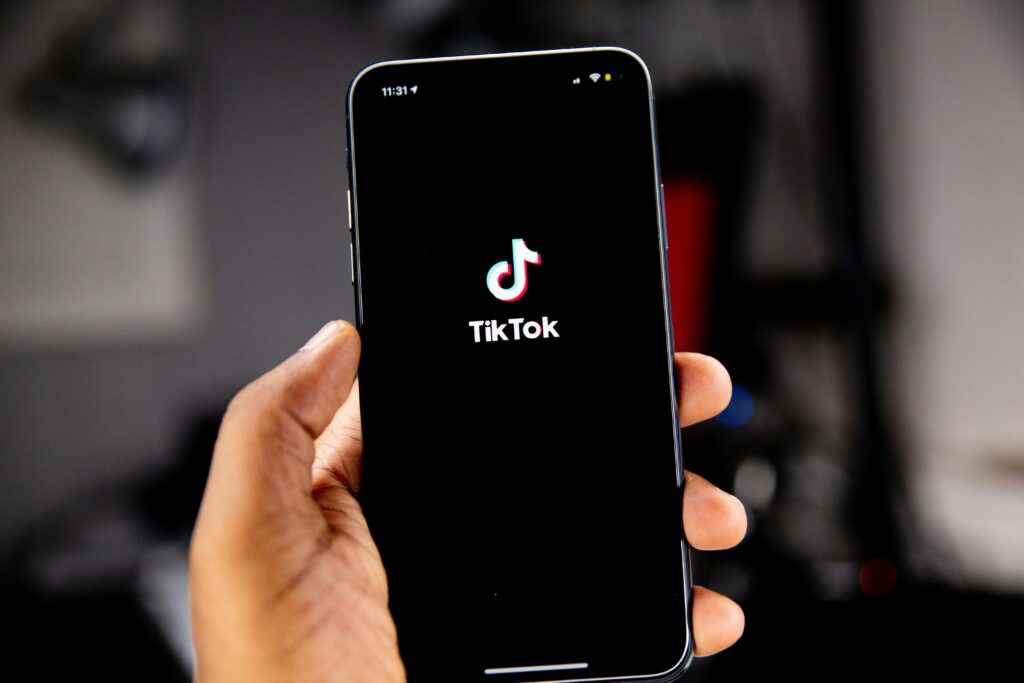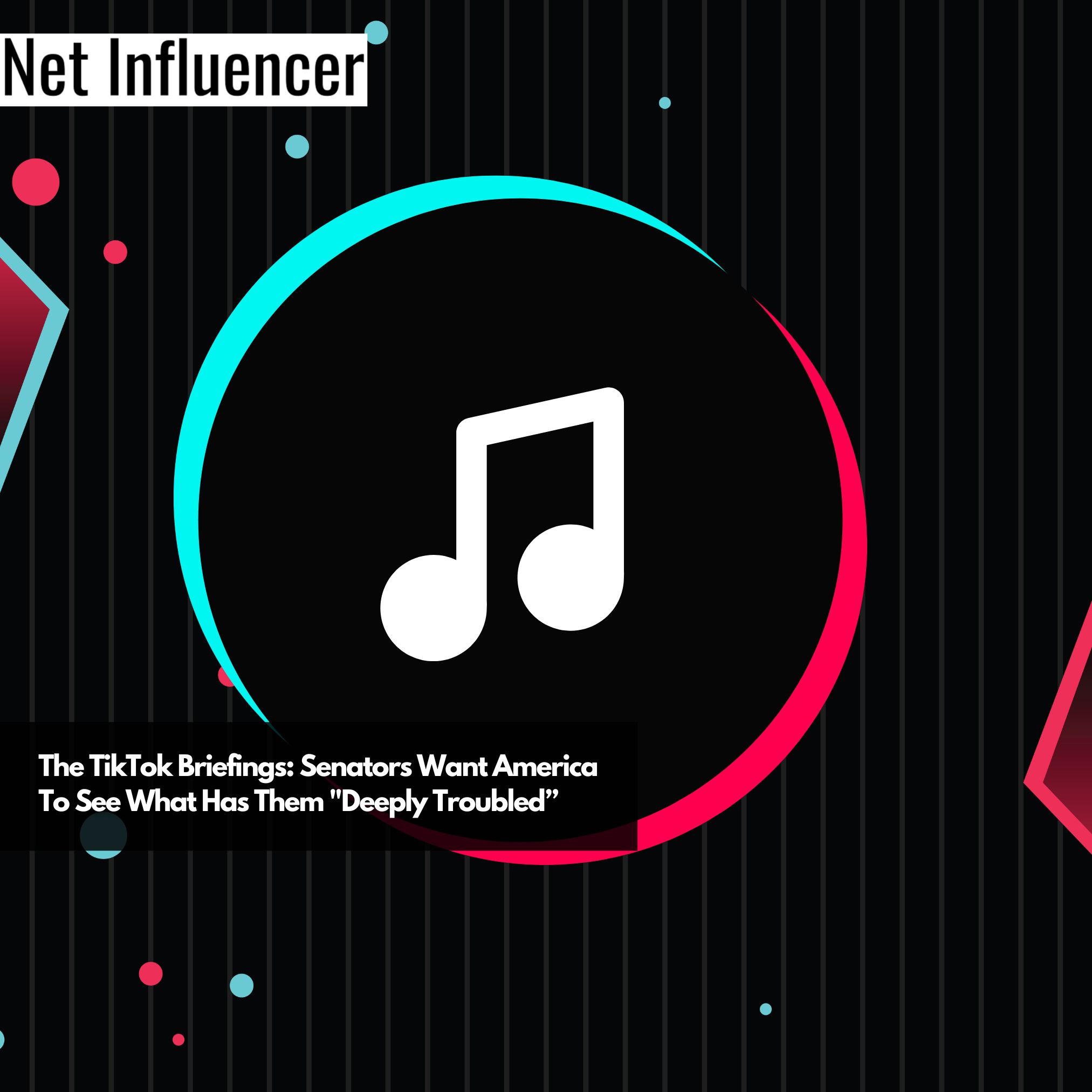Platform
The TikTok Briefings: Senators Want America To See What Has Them “Deeply Troubled”
Senators Richard Blumenthal and Marsha Blackburn are urging the declassification of recent government briefings on TikTok. The Democratic and Republican lawmakers argue that making the briefing materials public will “better educate the public on the need for urgent action” regarding the Chinese-owned video app.
Their call comes as momentum builds in Congress to force ByteDance, TikTok’s parent company, to divest the app or face a potential ban in the United States over national security concerns. Last week, the House passed a bill that would give the Biden administration power to carry out such a forced sale or prohibition.
“We are deeply troubled by the information and concerns raised by the intelligence community in recent classified briefings to Congress,” Blumenthal and Blackburn wrote. “TikTok is a weapon in the hands of the Chinese government, and poses an active risk to our democratic institutions and national security.”

The senators’ statement reflects rising scrutiny of TikTok on Capitol Hill. Lawmakers from both parties have accused the app of enabling data harvesting and propagating misinformation on behalf of the Chinese government, though evidence remains scarce.
Blumenthal and Blackburn received classified briefings this week from the FBI, Justice Department, and Office of the Director of National Intelligence. According to Axios, officials described how China could potentially “harvest user data and weaponize it through propaganda and misinformation.”
Senators were also reportedly warned that TikTok has capabilities to “spy on the microphone on users’ devices, track keystrokes and determine what the users are doing on other apps.”
However, with the briefing details still classified, it remains unclear exactly what new intelligence, if any, has emerged regarding TikTok’s data practices and connections to China’s government. Many privacy experts question whether the looming ban stems from substantiated evidence of wrongdoing or from a broader desire to restrict unwanted content.
TikTok has consistently denied sharing data with Beijing. In 2022, the company acknowledged that some information from its highest-paid creators is stored in China after a Forbes report uncovered this detail. But TikTok maintained that it has not and will not provide such data to Chinese authorities.
The relationship between TikTok and its parent ByteDance has drawn scrutiny before. Last year, the latter confirmed reports that employees improperly accessed data to track journalists while investigating leaks. TikTok CEO Shou Zi Chew has stated that user data for Americans is stored in Virginia and Singapore during congressional testimony.
As the TikTok ban debate rages on in Washington, Blumenthal and Blackburn’s push for declassification may soon provide more public clarity on the perceived national security risks driving the legislative efforts. The Senate has not yet introduced a companion bill to the House’s proposed TikTok restrictions.

















